When Georgia Hill was born at 35 weeks, she weighed less than half the average baby.
With a number of health conditions, she spent more than a month in Aberdeen’s neonatal unit before she could go home to Alford.
Hooked up to countless wires and tubes in an incubator, her parents were barely able to offer her a cuddle.
But they say hospital staff and charity workers were “angels” and, without them, Georgia – now three years old – likely wouldn’t be here today.
‘We went from feeling OK… to this’
Having experienced four miscarriages, Davie and Angela Hill were filled with joy when they learned they were expecting baby Georgia.
Their daughter Charlotte-Dee, now 9, was looking forward to being a big sister, too.
But they began to feel nervous when a routine scan flagged a condition which would require immediate surgery.
She was diagnosed with duodenal atresia – a 1-in-8,000 condition where the tube that connects the stomach to the bowels is too narrow.
While coming to terms with this and what it could mean, Angela was told she had polyhydramnios – too much amniotic fluid around the baby.
The couple were told Georgia would need to be born early, and through a C-section, as this was the safest way to deliver.
Davie said: “We went from feeling like everything was finally going to be OK with this pregnancy to finding out this, and that our baby would need surgery straight after birth.
“It was very scary.”
‘I was heartbroken when I saw how fragile she looked’
Baby Georgia was born on March 19 2019 at 35 weeks.
She weighed just 3lb 14oz and was quickly rushed off to intensive care.
Angela said: “I got to have a very quick cuddle with Georgia and then Davie went straight down to ICU to be with her while my surgery was finishing.
“I was so desperate to go to the unit to see her but was unable to until I could move my legs.
“Nine hours after my C-section I was finally able to go and visit my baby.
“I was just heartbroken when I saw how fragile Georgia looked.”
When she was just one day old, the tot had the surgery she needed.
She then had to be fed with an IV until she well enough to have breastmilk introduced to her stomach through a tube.
Unfortunately, this was just the beginning of her health challenges.
‘I just wanted to protect her’
Routine genetic testing revealed Georgia had a microduplication of a chromosome.
For some people this makes no difference, but others can experience developmental delay or learning difficulties.
The Hills don’t yet know what significance this may have for their daughter.
Angela said: “I was allowed a cuddle before Georgia went to surgery but I was terrified to hold her as there were so many wires and tubes.
“It wasn’t easy but, at the same time, I didn’t want to let go as I was so scared.
“During our time in ICU it also broke my heart that other mums were able to cuddle their baby when they needed comfort, but I was only able to when it was a safe time and a nurse helped me.
“I just wanted to protect her.”
And Angela says her time at the neonatal unit was incredibly hard – leaving her feeling “all the emotions possible.”
“Charlotte-Dee was so excited to be a big sister and I was upset at that special moment being taken away from her,” she said.
“I also felt massive mum guilt as I was never home and spent all my time at the unit with Georgia as I was just too anxious to leave her.
“I felt like my heart was torn in two.”
‘There doesn’t seem to be any other case like Georgia’
Georgia spent more than a month at Aberdeen Neonatal Unit before she was well enough to go back home.
But Davie admits things weren’t much easier for the family.
“Georgia suffered from reflux and was sick over 100 times a week as she struggled to digest food,” he recalled.
She also had trouble sleeping and didn’t wean until she was older than 12 months.
Davie added: “She really hasn’t had it easy.”
Georgia is now three, and spends a lot of time at appointments at Royal Aberdeen Children’s Hospital.
She has global developmental delay, is non-verbal and has some hearing difficulties.
Angela said: “Consultants have said there are no clear links between her growth issues, developmental delay, hearing and the surgery, or indeed with the microduplication she has.
“Although the genetics team say she has a syndrome, at the moment it’s a syndrome without a name.
“There doesn’t seem to be any other case like our Georgia. She’s truly one of a kind!”
Giving back to ‘true angel’ staff
Angela and Davie say they’ll never be able to thank the hospital staff enough for their support.
They’ve also benefitted from the expertise of children’s charity The Archie Foundation.
Angela said: “They went above and beyond and for the support Georgia receives to this day and will continue to for years to come at Royal Aberdeen Children’s Hospital.
“They are all true angels.”
They’re raising money to give something back, hoping to pay for new equipment at the neonatal unit.
In doing so, they’ll be able to help other families who could find themselves in similar situations in the future.
Davie’s preparing to climb Imja Tse, better known as Island Peak, via the Mount Everest base camp.
The 6,160m (20,000ft) glacier features perilous crevasses and 45-degree slopes towards the summit.
But Davie says the challenge – which the family are self-funding – doesn’t compare to what Georgia has experienced.
Davie said: “I felt I needed to do something big, something that would take a lot of training to help encourage more fundraising and raise as much as possible.
“However, Ange being left at home with both girls, juggling work and life for almost three months will likely be the harder task.
“Since I work offshore I will head straight from my rotation to Nepal.
“Then once I’ve finished the challenge, I have a day to recover and then back offshore.”
He added: “Truly, if it wasn’t for the equipment and staff in Aberdeen Neonatal Unit, there is no way Georgia would have survived.
“We could not be more grateful to them and the support of The Archie Foundation.”
More information about Davie’s fundraiser is available at: justgiving.com/fundraising/aintnomoutainhighenough
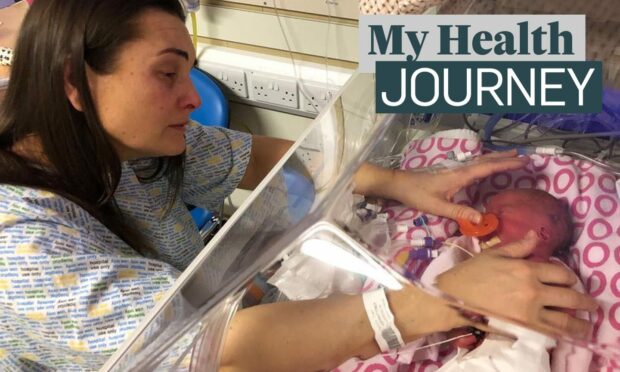
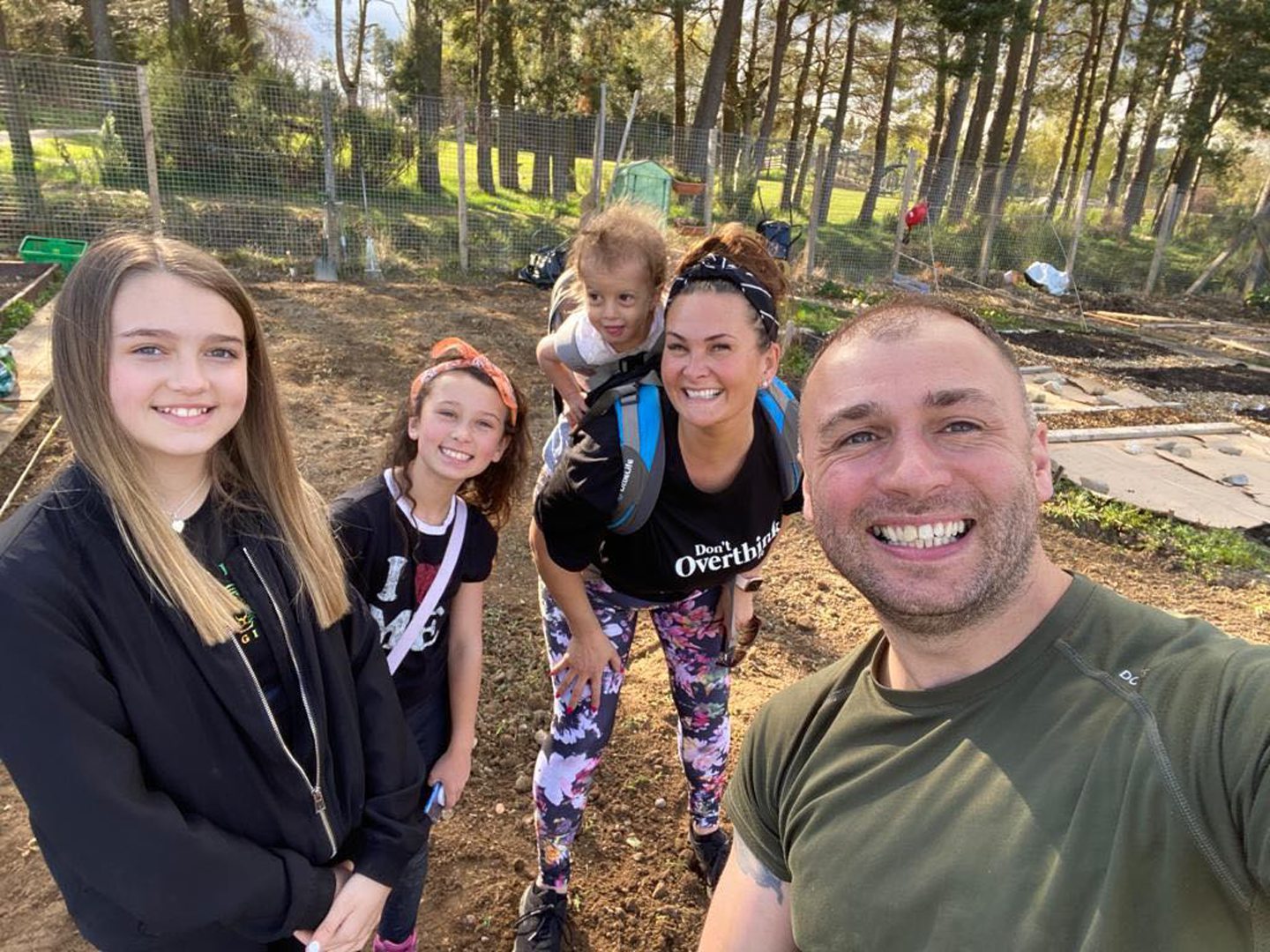
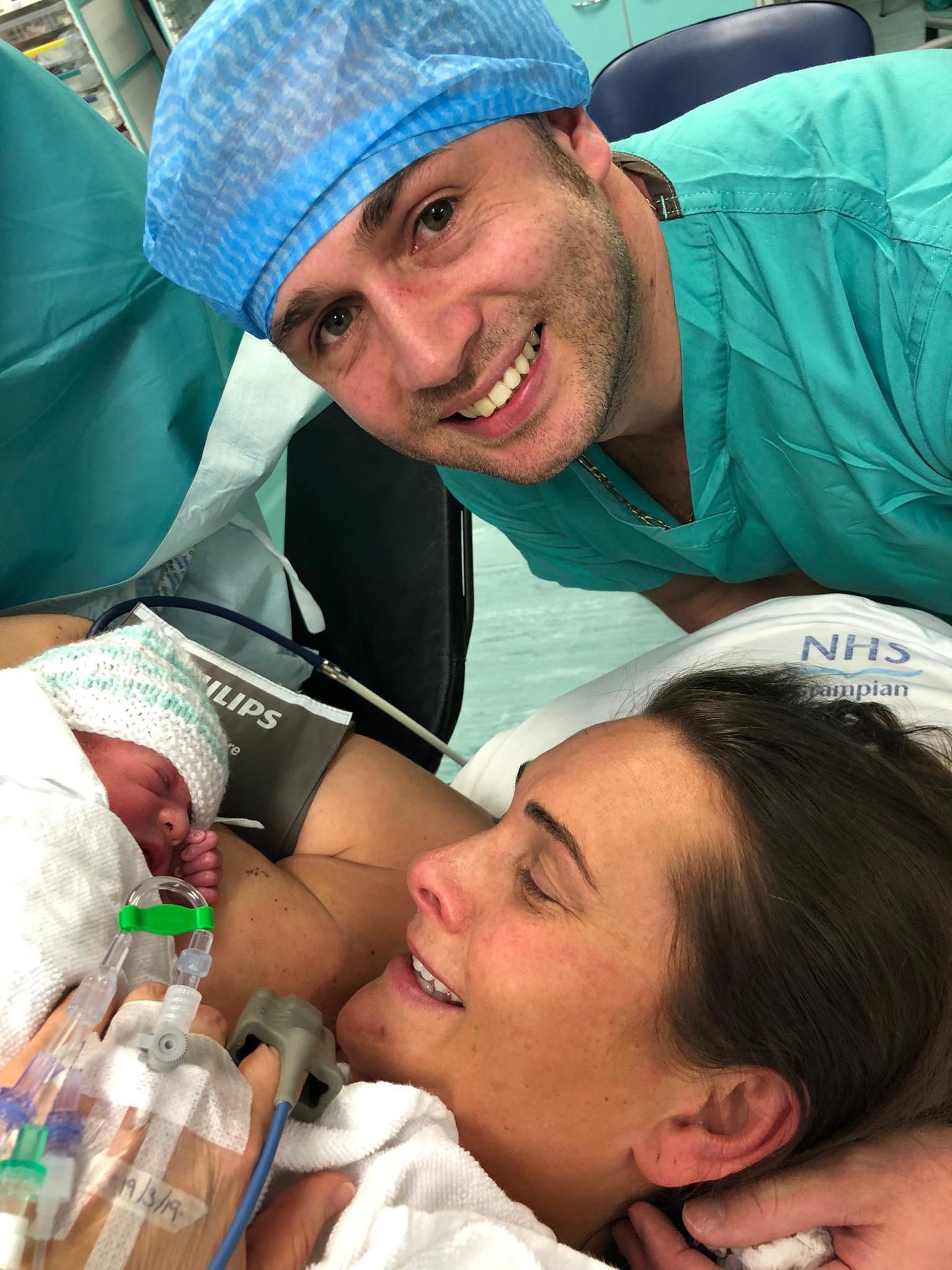
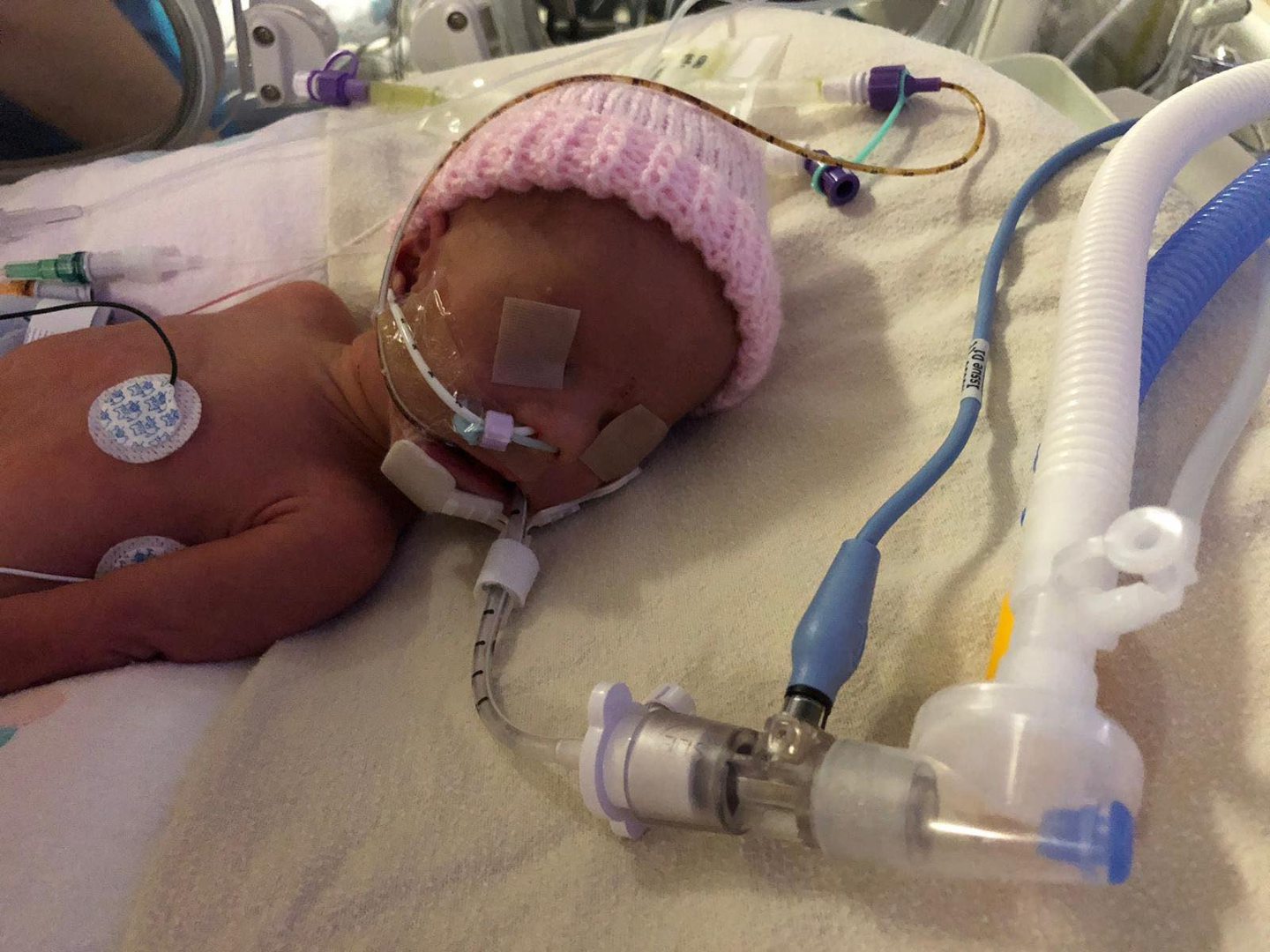
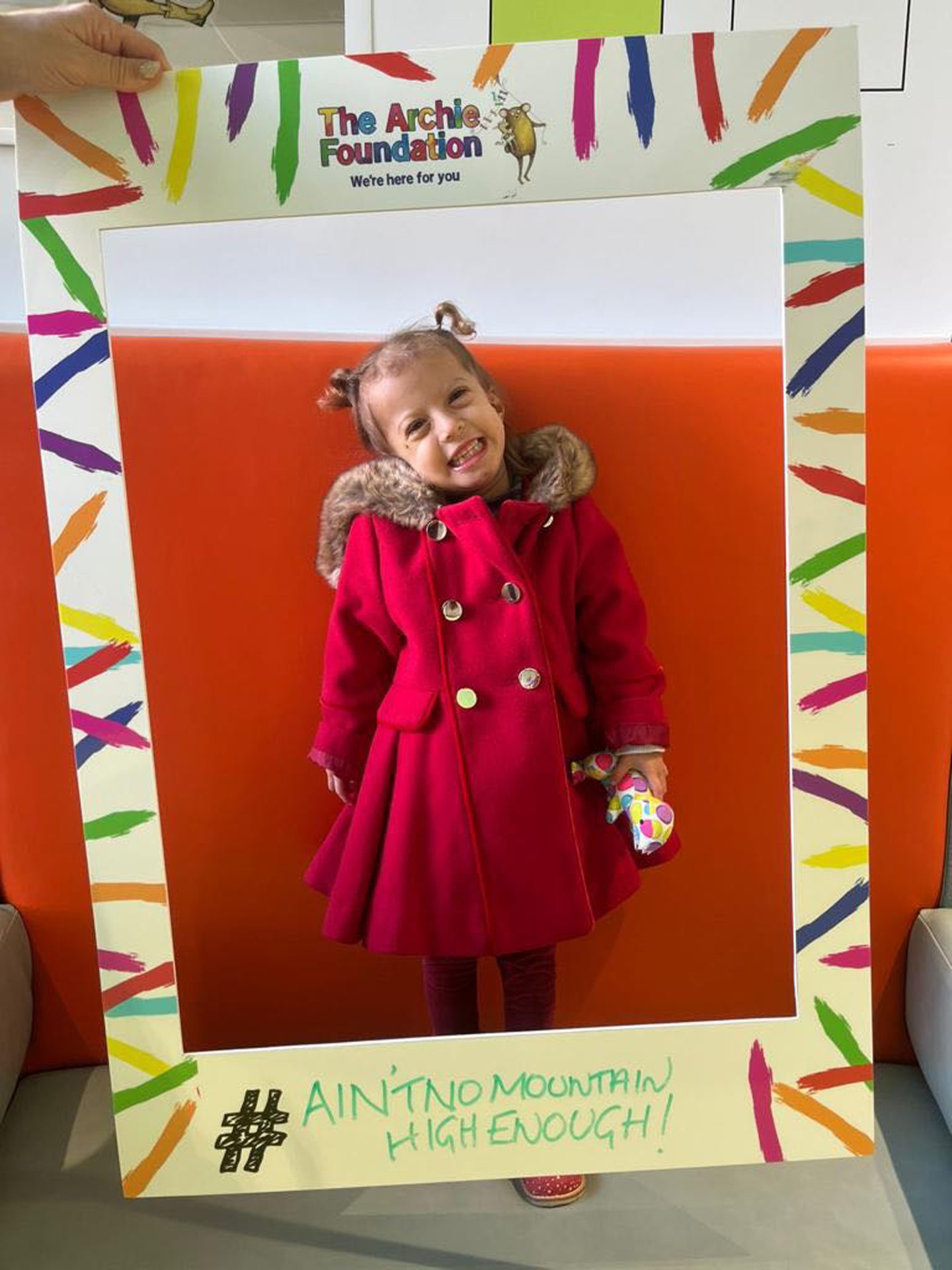
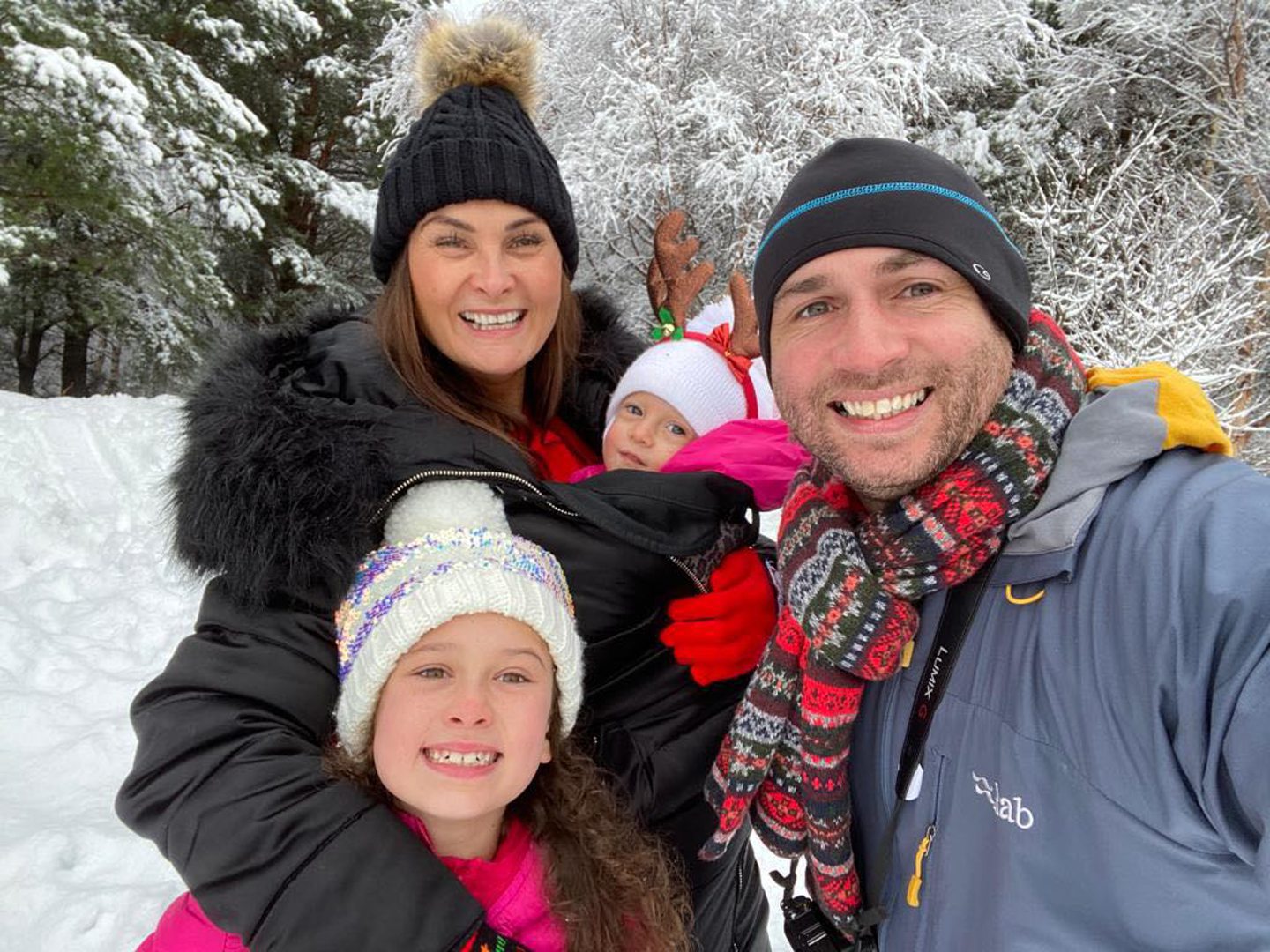
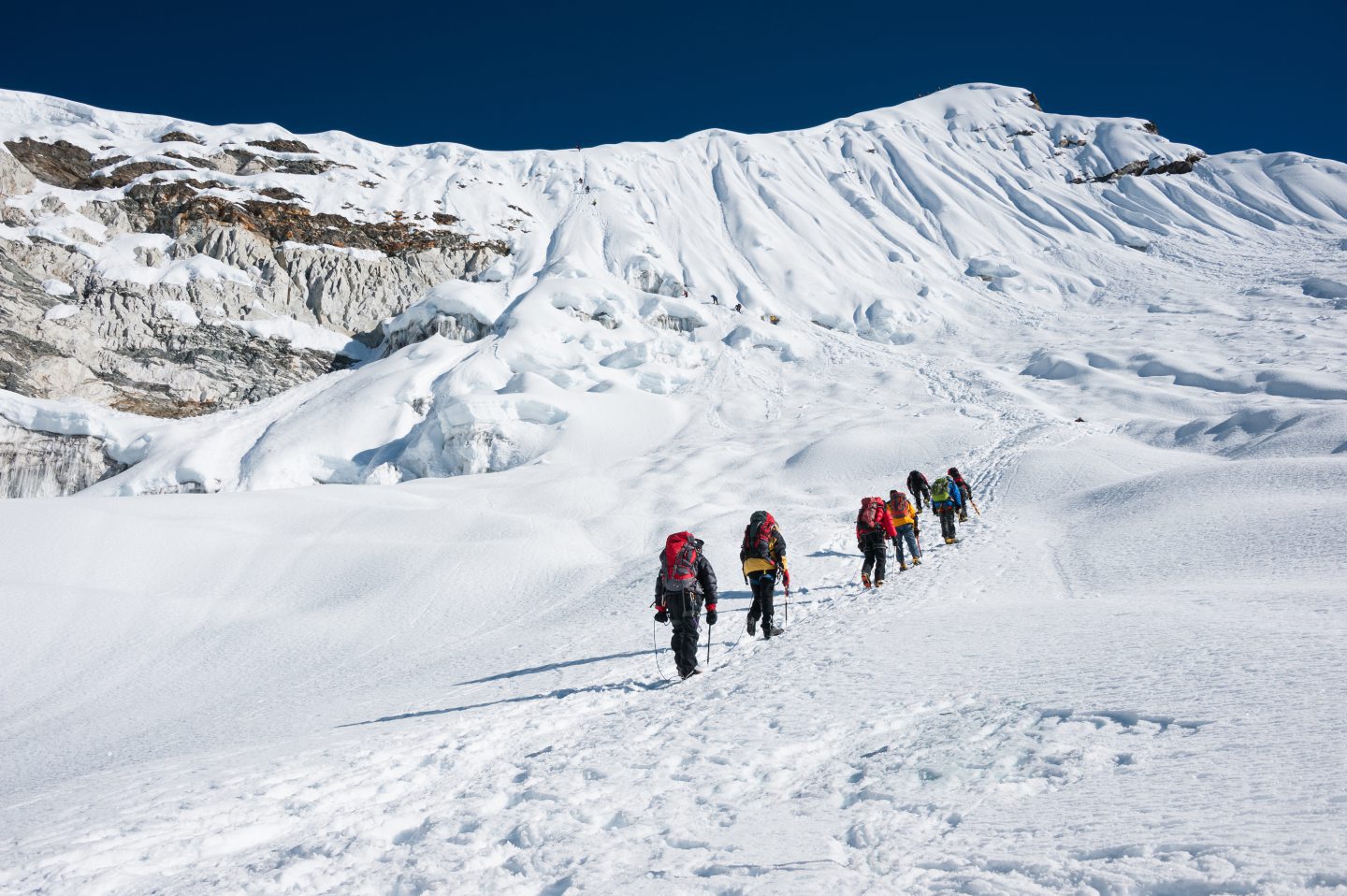
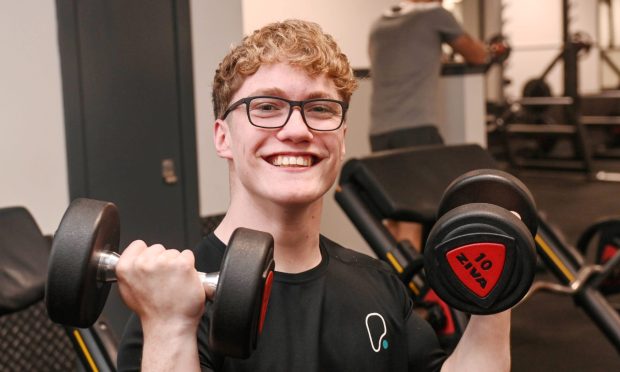
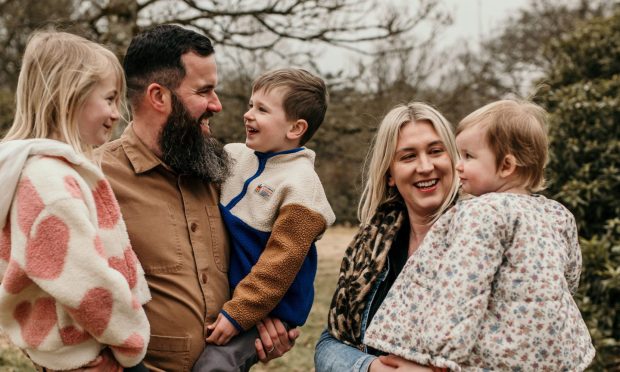
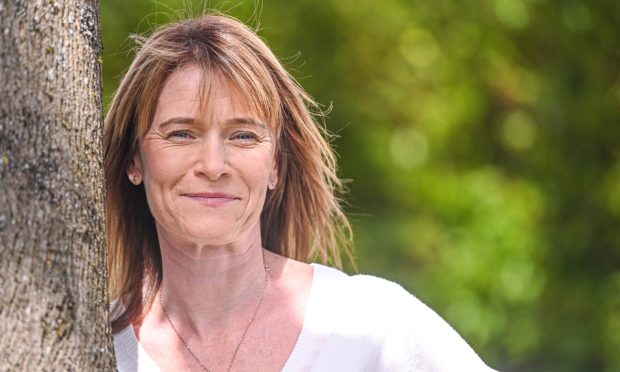
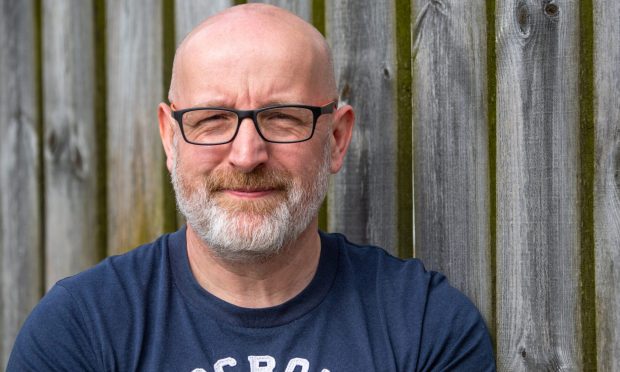
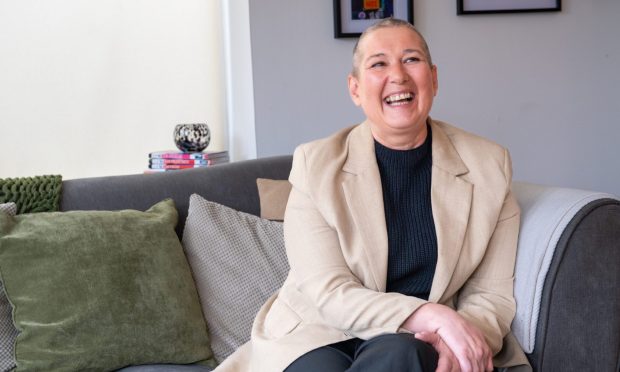
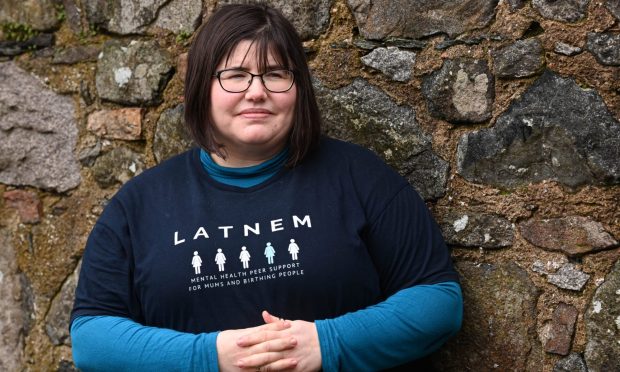
Conversation